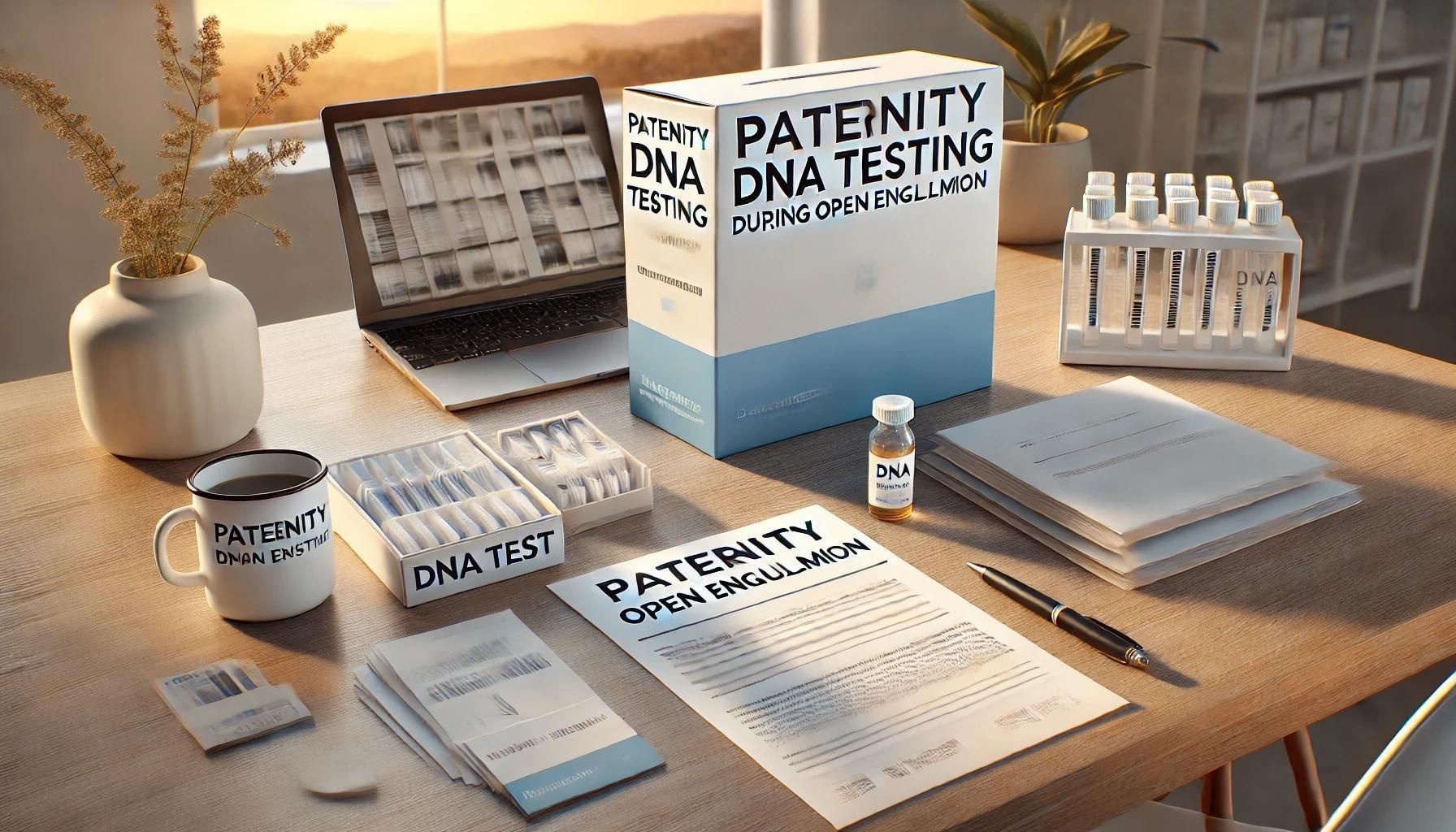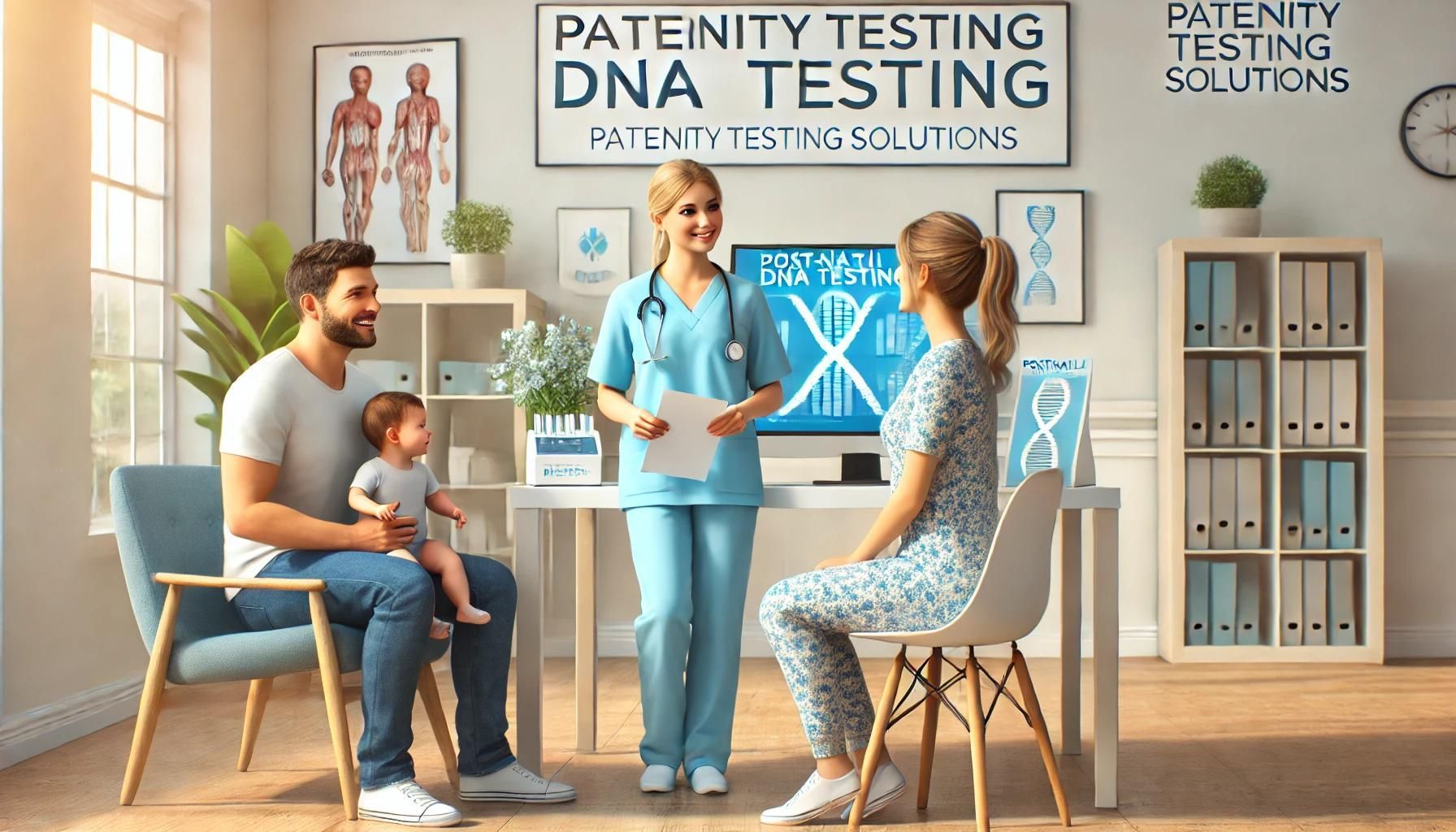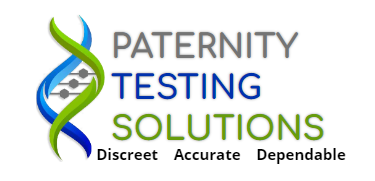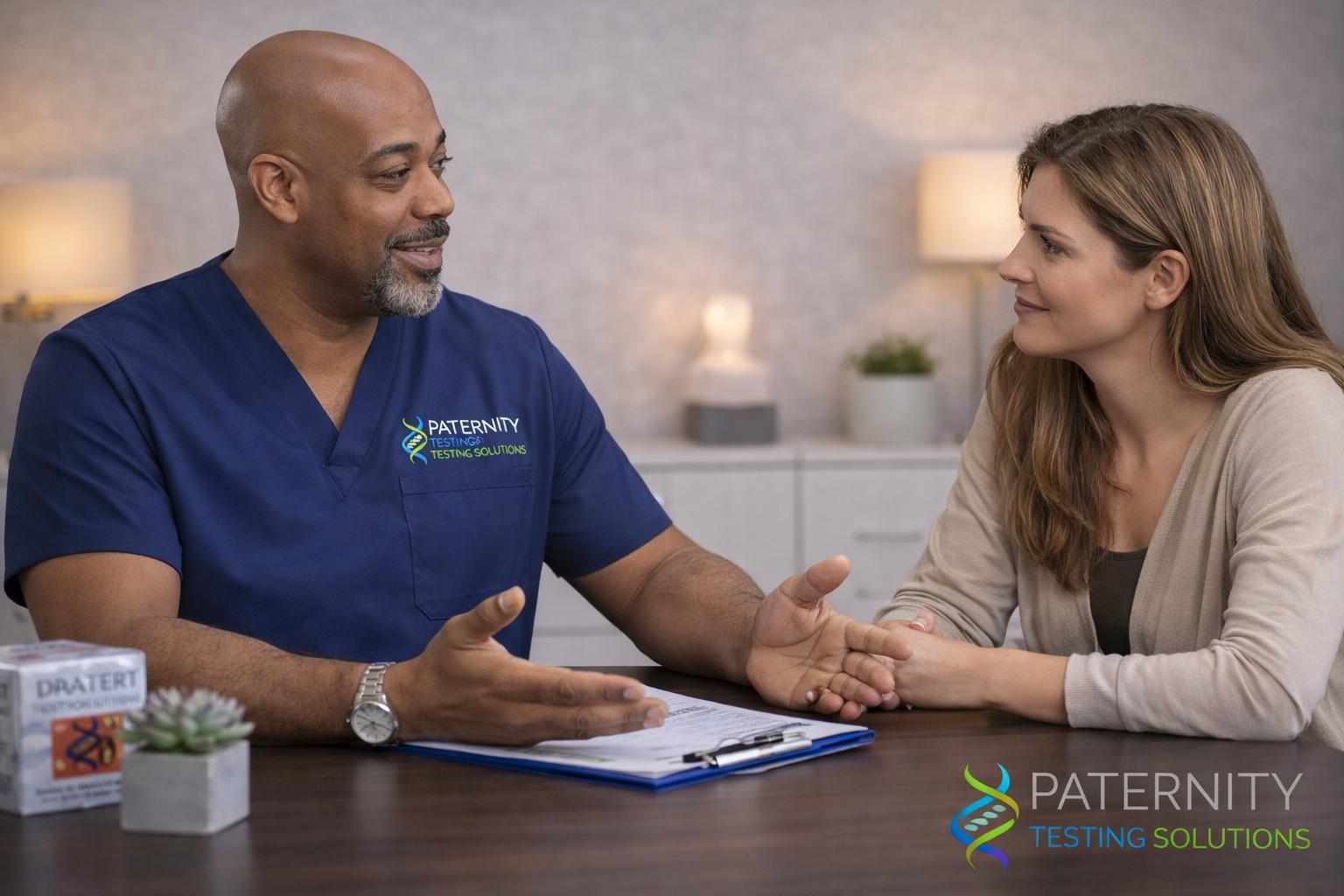Deceased (Post-Mortem) DNA Testing: Going Deeper
Welcome back to the Paternity Testing Solutions blog! Today, we're diving deeper into a sensitive and specialized topic: Deceased (Post-Mortem) DNA Testing. This kind of DNA testing is not limited to just paternity—it applies to anyone who has passed away, including for maternity or other familial relationships. Whether you're trying to confirm a biological relationship for legal reasons or peace of mind, this test can provide answers in an otherwise difficult time.
What is Deceased (Post-Mortem) DNA Testing?
Deceased DNA testing is used to establish a biological relationship with someone who has already passed away. It can help confirm a child's paternity or maternity, resolve family disputes, or clarify inheritance claims. Unlike standard DNA tests involving living participants, post-mortem testing requires extracting DNA from remains, making the process more delicate and sometimes complex.
At Paternity Testing Solutions, we handle these cases with the utmost care and respect, working with AABB-accredited labs to ensure you receive the most accurate results possible. However, it's essential to understand that not all samples are guaranteed to yield usable DNA.
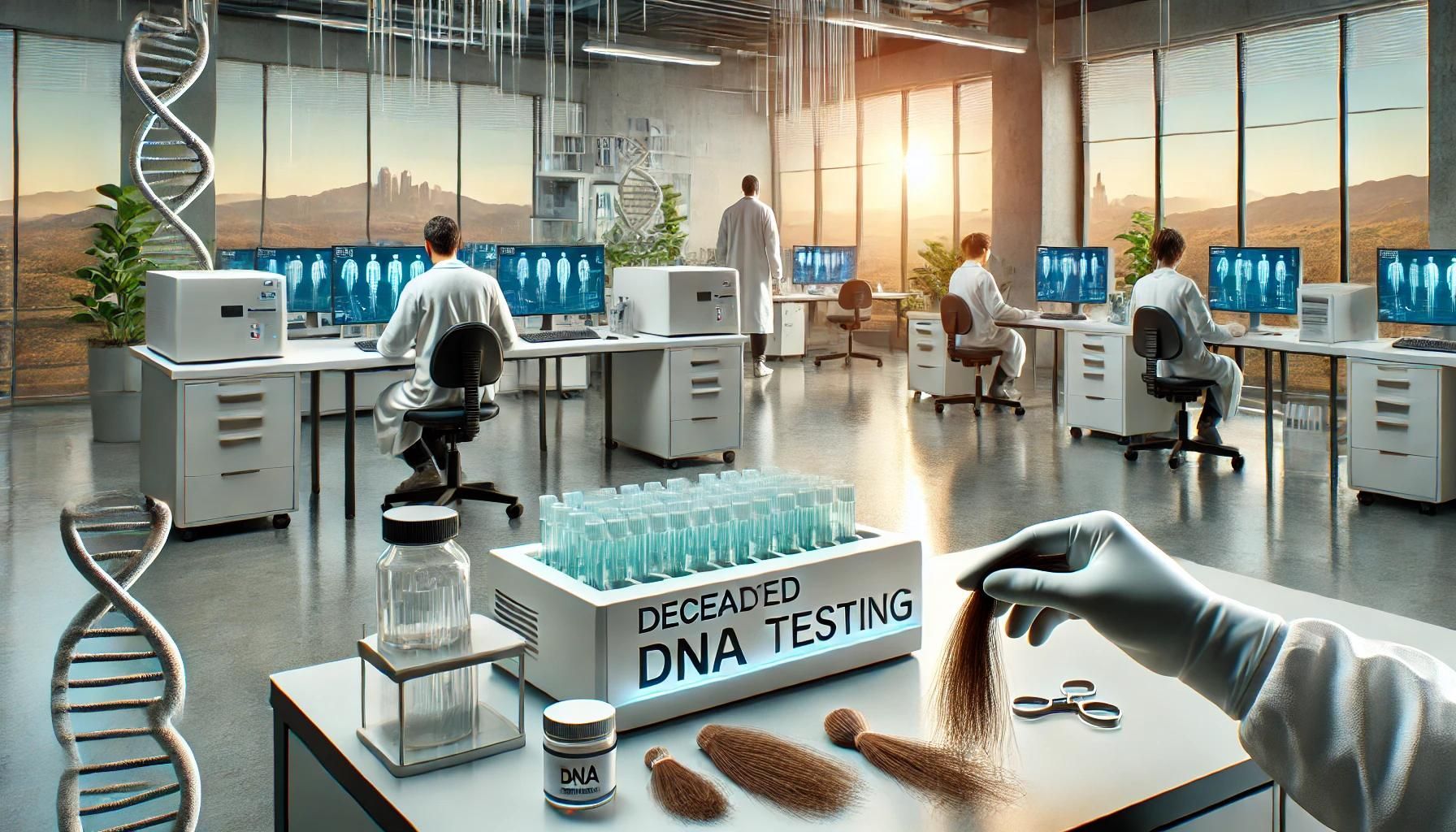
What Types of Samples Can Be Used?
For deceased DNA testing, samples can come from a variety of sources. However, the quality of these samples will determine whether we can retrieve viable DNA. Here are some examples of commonly used samples and their success rates:
Samples that usually yield viable DNA:
- Teeth (especially with intact roots)
- Hair with follicles (the root is crucial for obtaining DNA)
- Bone fragments (can be extracted but is more complex)
- Blood or tissue samples (if stored properly)
Samples that are sometimes unreliable:
- Degraded or improperly stored tissue samples: If the tissue hasn't been stored properly, such as in a medical facility or lab, it may not yield usable DNA.
- Bone fragments without proper preservation:
While bones can contain DNA, improperly stored or weathered bones can lead to degraded samples, making it challenging to extract high-quality DNA.
- Older blood samples:
Blood samples that have not been adequately preserved or exposed to air for too long can degrade quickly, reducing the chances of obtaining viable DNA.
- Saliva swabs: Saliva can be a source of DNA in living individuals. However, for deceased DNA testing, saliva samples degrade quickly and are often unreliable if they weren't collected immediately before or shortly after passing.
- Urine samples: Urine contains very little DNA and is generally not a reliable sample for paternity or deceased DNA testing, especially after death.
- Toenails or fingernails without the root: Similar to hair, if the nails don't contain enough tissue at the base (cuticle), the DNA quantity might be insufficient or too degraded for testing.
These unreliable samples often lead to inconclusive results or fail to produce any results. That's why we prioritize collecting and properly storing the highest-quality samples possible. However, despite our best efforts, we do not offer refunds if the samples are unusable or the results come back inconclusive. We believe in full transparency so you can make an informed decision with all the facts upfront.
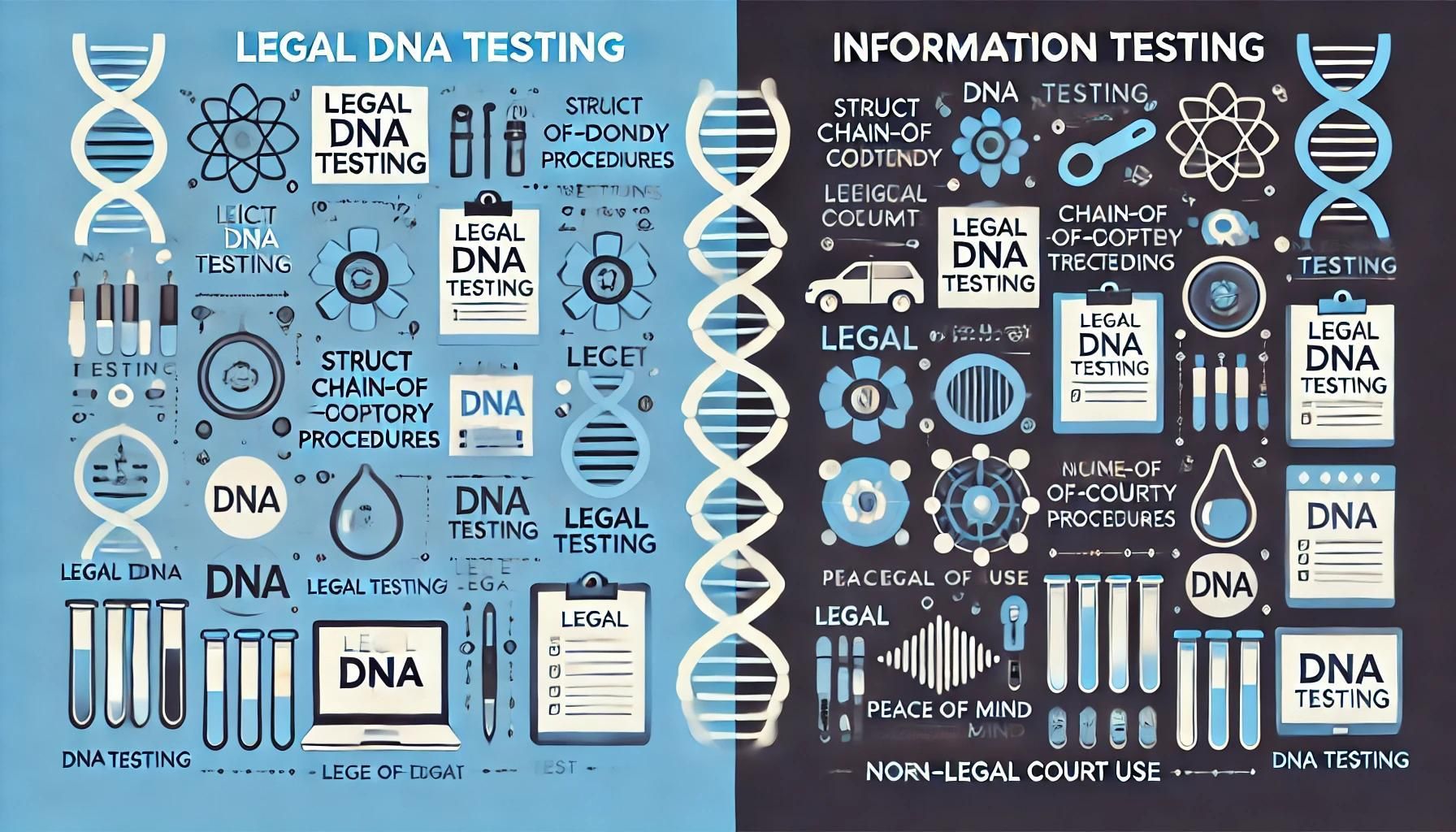
The Legal vs. Informational Process
It's important to distinguish between legal and informational deceased DNA testing. You must opt for the legal process if you need the results for a legal purpose—such as inheritance claims or Social Security benefits. Legal DNA testing requires strict chain-of-custody procedures, ensuring the results can hold up in court. This includes:
- Using an accredited lab for DNA testing.
- Keeping detailed records of the sample collection and handling.
For personal knowledge, informational DNA testing can be done without all the legal steps, but remember that the results are not court-admissible. It's for your peace of mind.

When is a Legal Deceased DNA Testing Needed?
Deceased DNA testing can be necessary for a variety of reasons. Some of the most common include:
•Inheritance or estate settlements: To prove logical relationships for legal claims.
•Immigration cases: When a deceased person's relationship to a living relative is in question.
•Peace of mind: For families with doubts or questions about paternity, maternity, or other familial relationships.
The Importance of Timing and Sample Quality
We recommend beginning the DNA testing process after a person passes away as soon as possible to ensure the best possible quality of the samples. This increases the likelihood of retrieving usable DNA. Please contact our team if you have any questions about sample collection or how to best preserve samples for testing. We're here to guide you through every step of the process.

Wrapping Up as We Approach November 2024
With the changing seasons and the start of November, it is time to resolve any lingering family questions, especially before the busy holiday season begins. As we approach Thanksgiving, when many families gather, this might be the right time to get closure on important family matters. Deceased paternity or maternity testing, while sensitive, can provide answers and bring families closer to the truth.
As always, we are here to help. If you have more questions about deceased DNA testing—or any other type of DNA test—don't hesitate to reach out or leave a comment below. Also, suggest any future blog topics you'd like us to cover!
Thanks for reading, and stay tuned for more informative posts from Paternity Testing Solutions!

